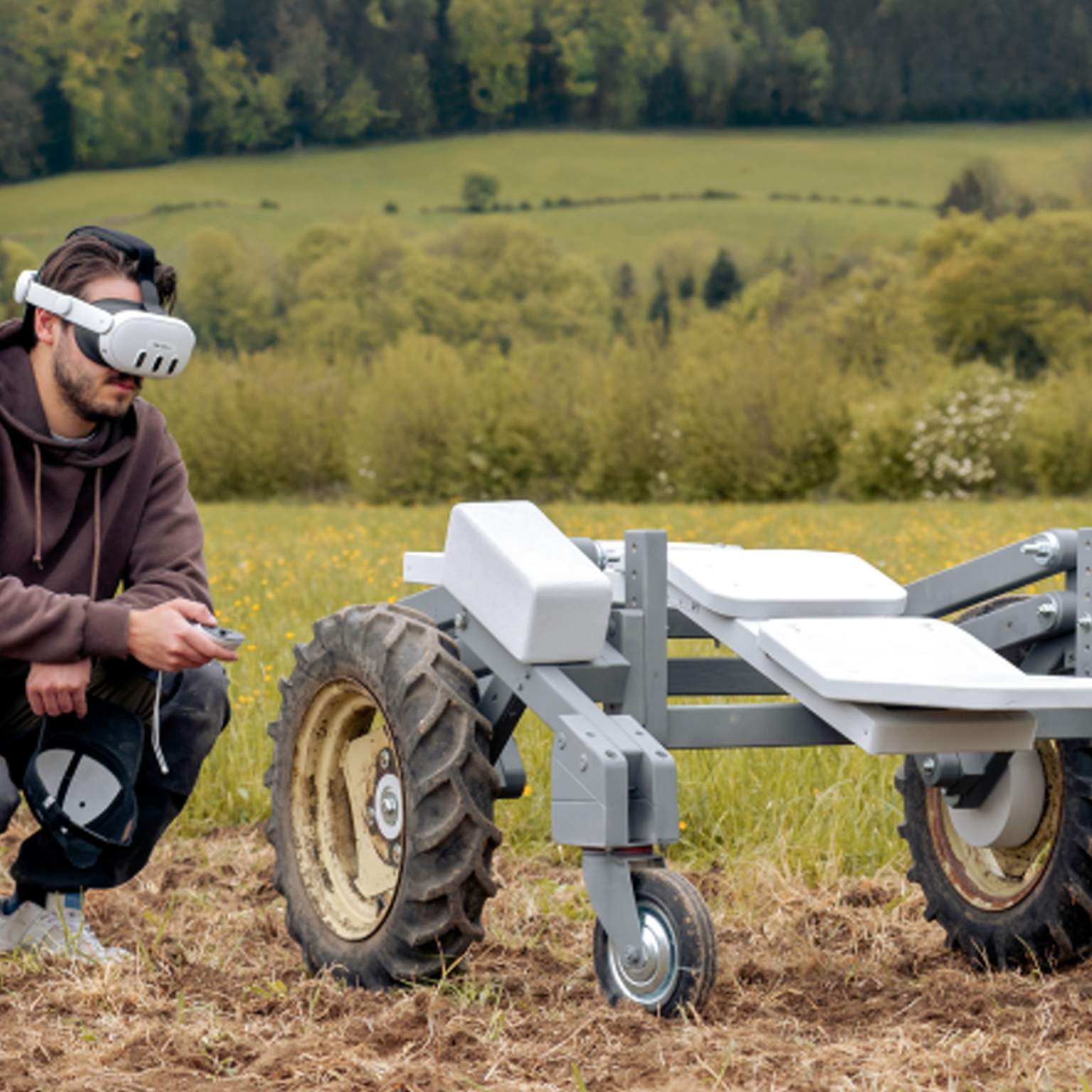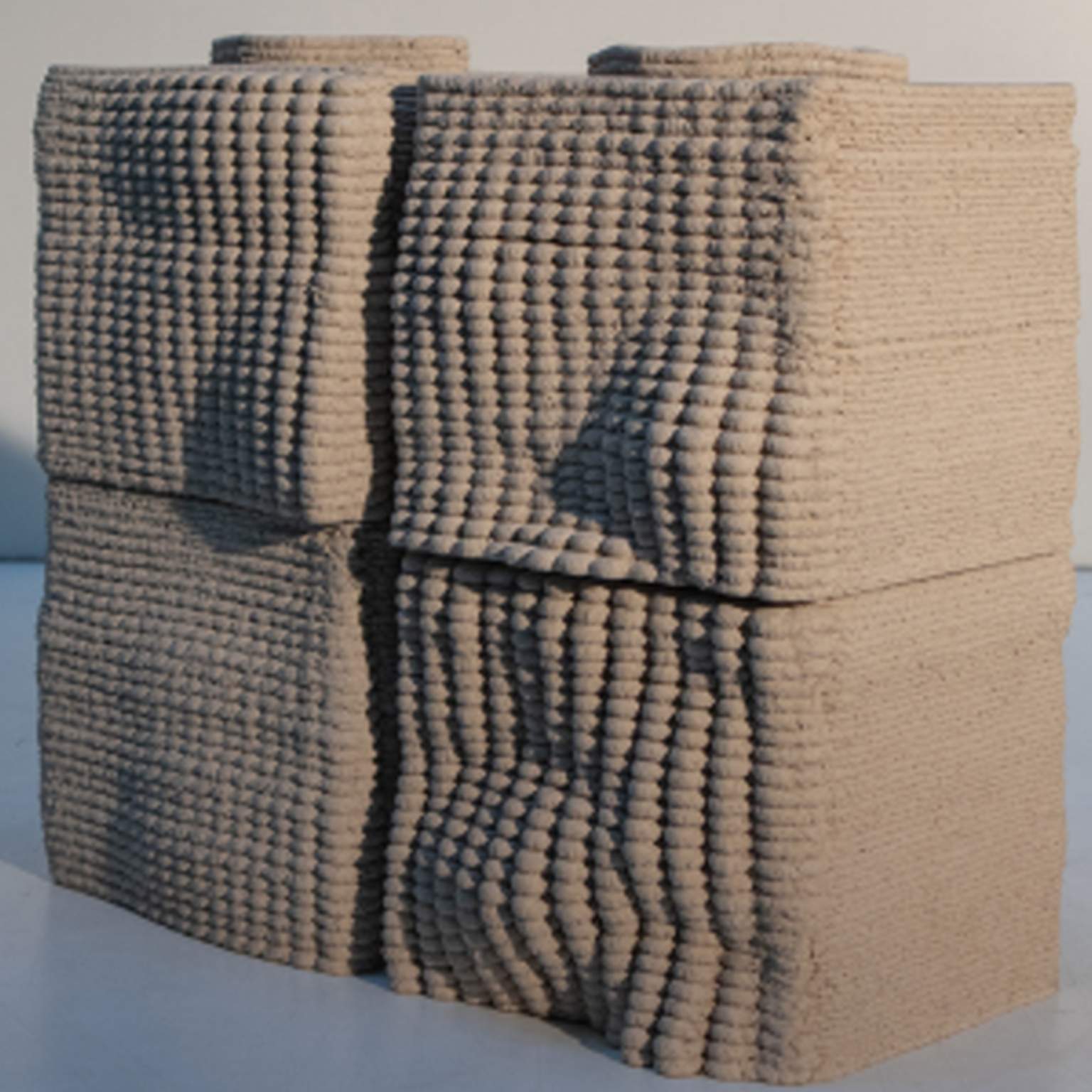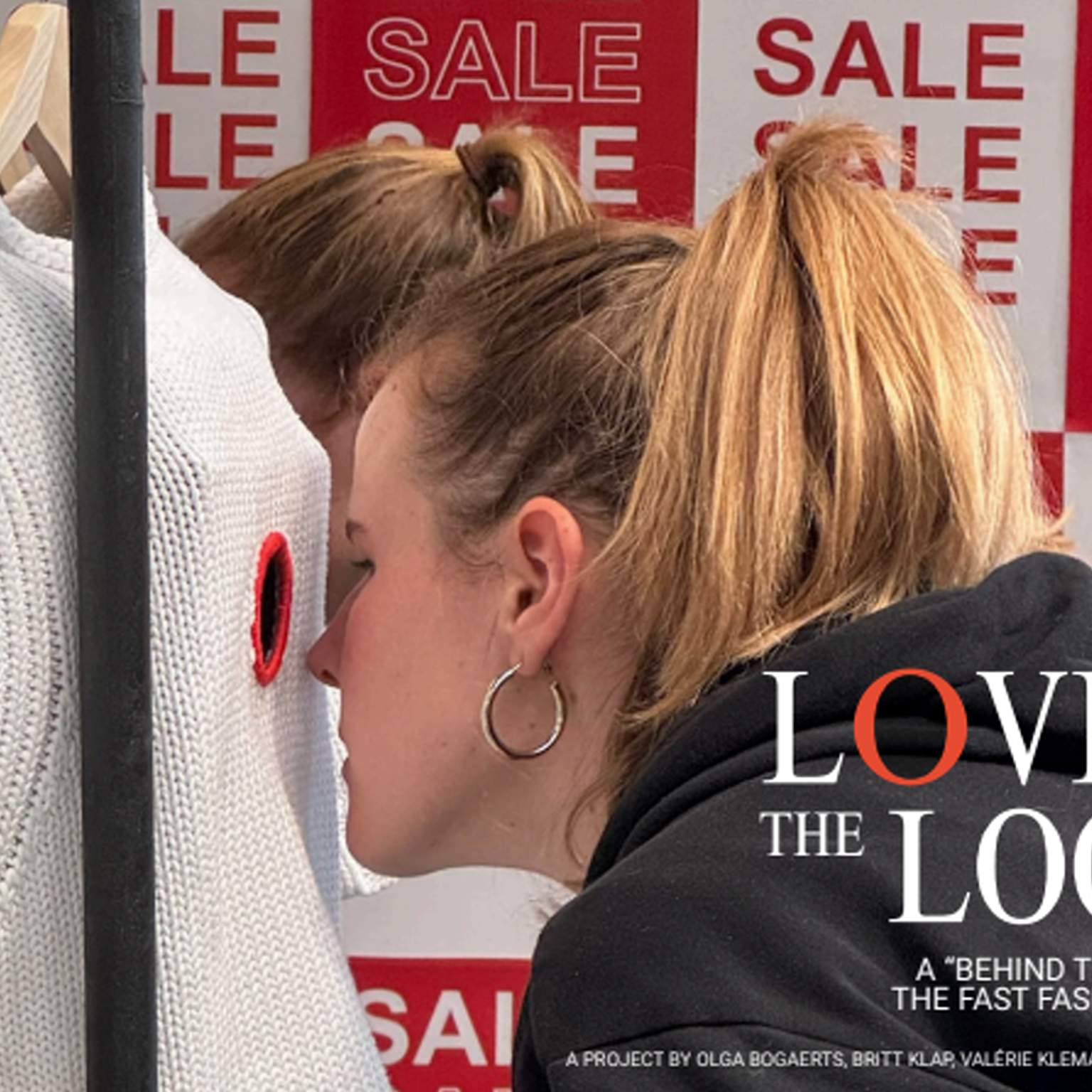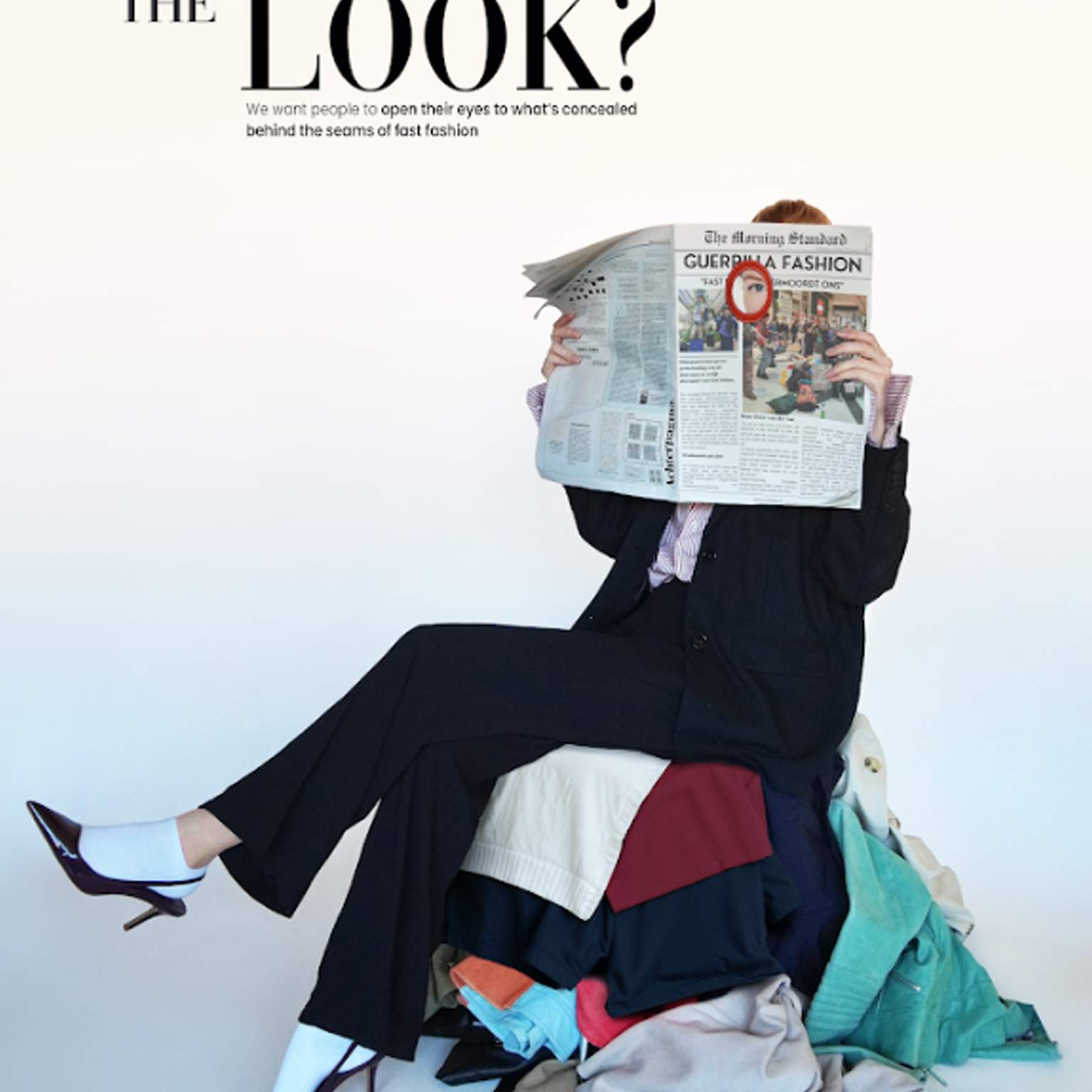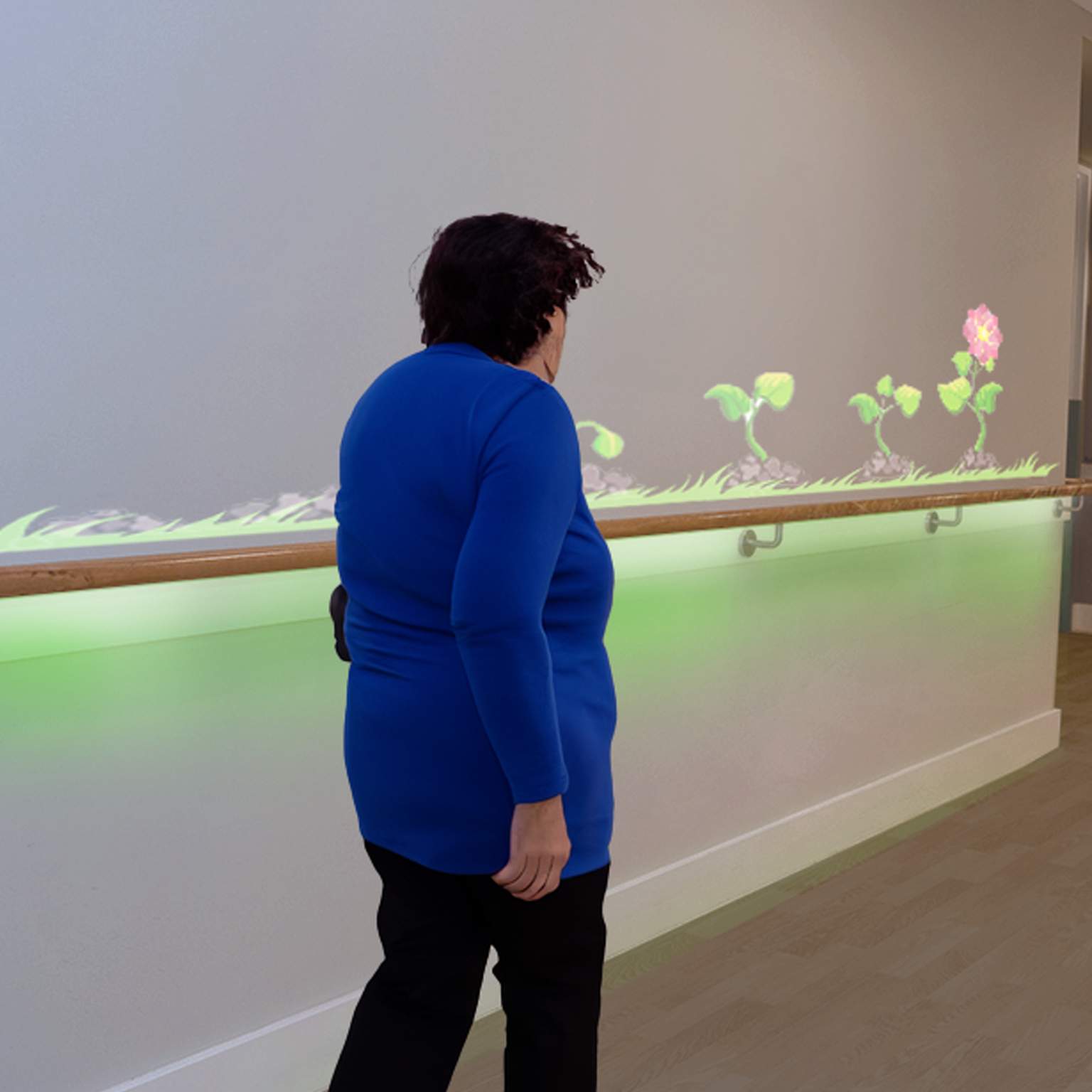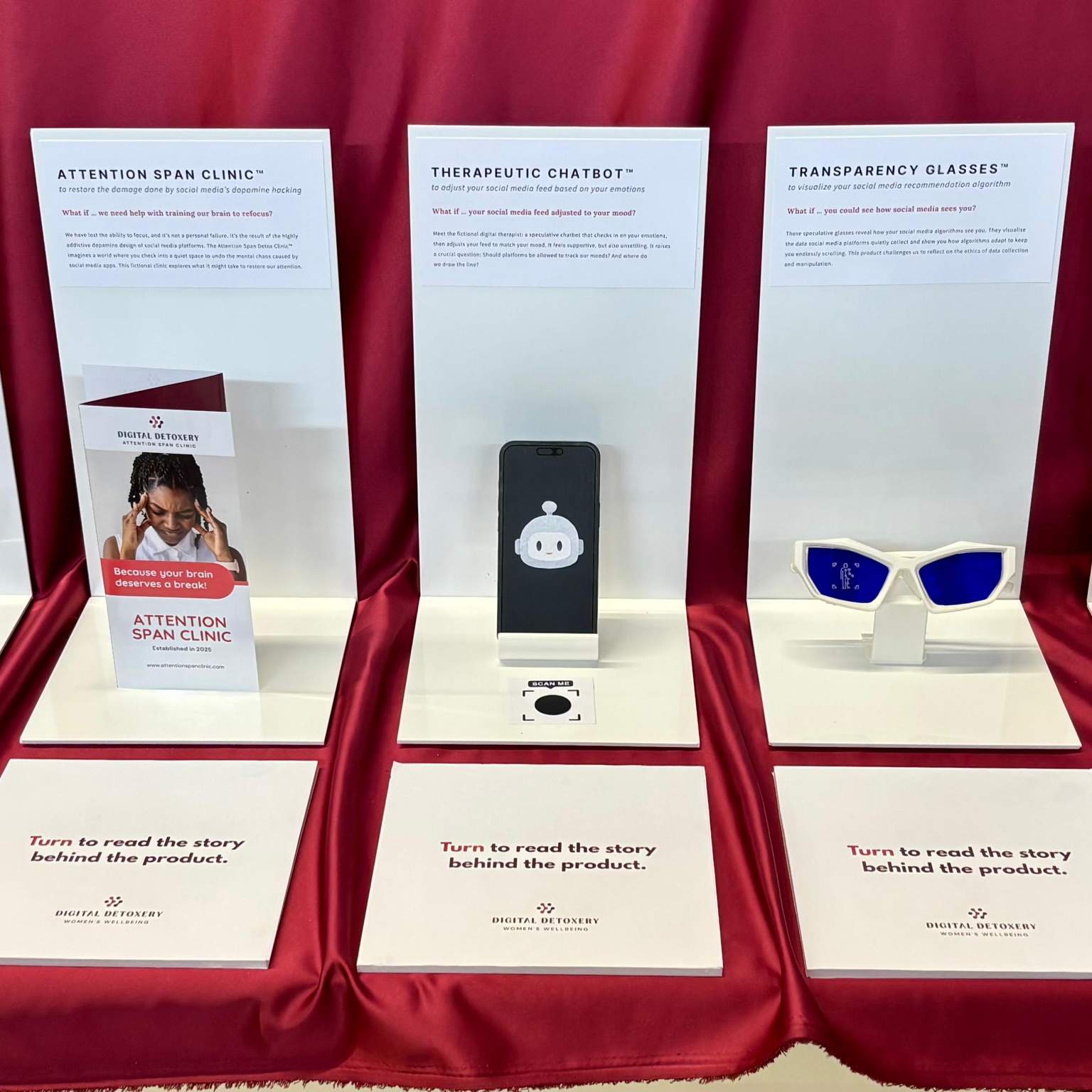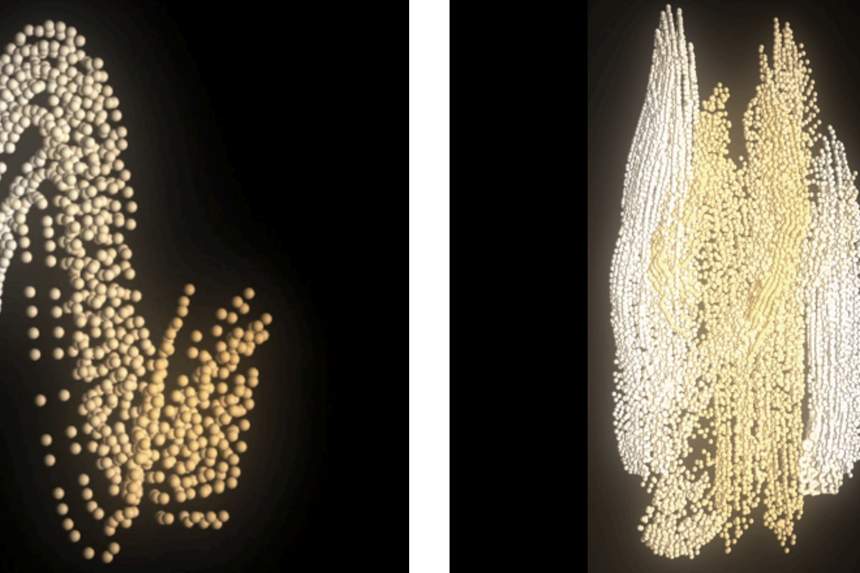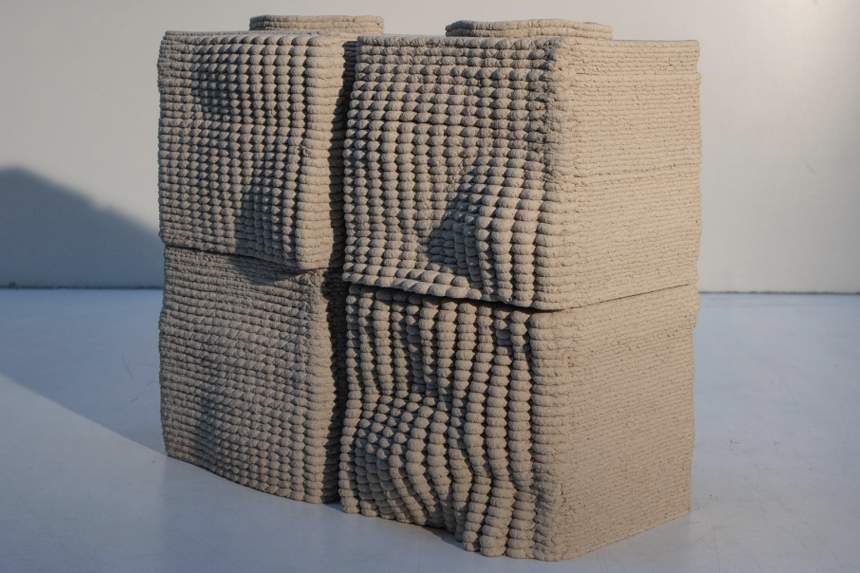Creating living environments for inhabitants, patients, or visitors requires “careful design,” which notes that interaction, movement, and transformation occur during the action rather than solely focusing on the outcome.
Please scroll down for the programme of our Dialogues: Living Environments
The Living Environment refers to the spaces and places that people create, interact with and transition through in their daily lives. Designers bring a unique perspective to what a living environment is and what it can be. Some designers focus on crafting materials to build or modify these environments, while others aim to enhance the ways people experience and interact within and between these spaces. Living Environments can sometimes be healing, temporary or transitional, like hospitals, residential care or support services. Such spaces require careful design taking note that the interaction, movement and transformation happen during the action rather than solely focusing on the outcome. By purposefully designing these interactions, capacities, and transitions, we can support individual capacities and strengthen our society.
Dialogues: Living Environment
Natlab, Monday 20 October 9:30-12:30
Organised by: Chair: Jodi Sturge (UT), Co-Chair: Marjolein Derks (WUR), Associate Chair 1: Juliette van Haren (TU/e), Associate Chair 2: Eliza Noordhoek (TUD)
During this Dialogues session, in which we welcome our special guest Tommy Wieringa, we will take a walk to explore this concept of living environment through showcasing projects, discussions and creating a symbol of hope.
At the first stop the participants are invited to explore the natural environment through reflection questions from the designing for symbiosis project. At the next stop we will focus on materials for living environments and at the third stop, we will reflect on how it feels to move around. Through this project we can explore what happens during the action of motion, movement and transition. At the last stop, participants will focus on difficult transitions between environments. Participants will then be invited to make a small artefact and craft a message for hope for such individuals. We will wrap up the session with a short facilitated discussion.
We aim to connect design research to the overall theme “Less Hope, More Action” by 1) showing what a person can do with or within their environment (the concept of capacitating), giving them more agency, and 2) taking the participants on a physical tour, where they experience the interaction with their environment in an active manner. 3) creating a take away artefact with a positive affirmation text for people transitioning from one environment to another.
Programme
- 9.15 Walk in
- 9.30 Welcome and a physical tour along projects that explore the natural environment though reflection questions: The capacitating non-human elements in design, LEAFE, Designing Everyday Interactions with Plants, and projects that focus on materials for living environments: Foorm and Controlling Roughness
- 10:45 Keynote by Tommy Wieringa, author of the essay: "Optimisme zonder hoop" (Optimism without hope)
- 11.15 A tour along projects that focus on how it feels to move around: Making Motion and projects that focus on difficult transitions between environments: Serenity Bowl and Fly out; creating a take away artefact
- 12.30 Wrap up and lunch
Join us!
Thriving Planet explores how design can dismantle unsustainable practices and seed regenerative futures. Join us to discover projects that question the present, inspire new possibilities for the future, and open pathways to change in times of crisis.
Please scroll down for our Dialogues Programme Thriving Planet in Natlab
As societies surpass planetary limits, design must move beyond growth-driven models and short-term fixes. A thriving planet depends on abandoning extractive and unsustainable practices and fostering regenerative ones that align human and ecological wellbeing. The Thriving Planet theme track highlights projects that are both critical and inspirational, demonstrating design’s capacity to spark radical change and nurture new forms of aliveness in the midst of environmental crisis.
Dialogues: Thriving Planet
Natlab, Tuesday 21 October 9:30-12:30
Organised by: Chair: Federico Andreotti (WUR), Co-Chair: Riel Bessai (TUD), Associate Chair 1: Gizem Oktay (TU/e), Associate Chair 2: Salma Rian (WUR)
In this interactive programme participants will be invited to briefly introduce themselves through an icebreaker, followed by an introduction to the 4TU vision on a Thriving Planet. From there each of the design research projects will briefly present itself in a short pitch after which visitors van check out the projects themselves, in our Micro-Interactive-Expo.
A variety of projects will be showcased both indoors and outdoors: Cropkit, Living Traces, Nettle Project, Soil Habitability, Leaving a Trace N=Zien, Design for Decline, Water Futures, Working with Nature for farmers and the environment and Game design and play for a thrining planet.
Visitors are free to explore the different initiatives, engage in conversation with designers and researchers, and take part in interactive activities. The programme will include a mix of hands-on workshops and short presentations. The Dialogues session will conclude with a plenary discussion, harvesting feelings, details and take-home messages from the session.
Programme
- 9.30 Walk in
- 9.45 Welcome and introduction of the theme Thriving Planet, project pitches
- 10:00 Micro-Interactive-Expo
- 12.00 Discussion and wrap-up
- 12.30 Lunch
Join us!
Digital futures aren’t fixed, they’re created. From AI as a playful design material to slowing down for richer experiences, this theme invites us to reimagine how and why we design today.
Scroll down for our Dialogues Programme Digital Futures
The Digital Future theme looks at how design is constantly evolving, shaped by technology, culture, and society. This year’s projects explore AI in two ways: as a creative material that sparks new ideas, and as a tool to slow down and create more meaningful experiences. Instead of fixed predictions, they offer open possibilities, reminding us that digital futures are built through curiosity, care, and imagination, always reshaping how we design today.
Dialogues: Digital Futures: From Alternative Presents Toward Digital Futures
Natlab, Wednesday 22 October 9:30-12:30
Organised by: Chair: Milene Gonçalves (TUD),and Associate Chairs: Armagan Karahanoglu (UT), Jesse Joshua Benjamin (TU/e), Vera van den Burg (TUD), Wilbert Tabone (TUD)
This dialogue session invites participants into an open exploration of how design shapes - and is shaped by - our digital futures. Giving the 4TU projects central stage, we explore digital futures in two critical ways: In Part 1, “AI as Design Material” unfolds through interactive project demos, provocative questions, and shared reflections - mapping how uncertainty and creativity emerge when working with AI; In Part 2, “Designing Beyond Efficiency”, projects prompt us to reconsider speed and optimization, encouraging slower, more meaningful experiences. Through interaction, dialogue, and a collective reflection, we challenge ourselves to move towards action, reimagining how we can design the future.
Programme
- 9.30 Walk in
- 9:45 - Introduction to dialogue session, theme and structure
- 10:00 - Part 1: AI as design material.
- Demo of the projects (with participants’ interaction of the projects)
- Dialogue triggered by provocative questions
- Reflection and mapping of insights
- 11:00 - Break
- 11:15 - Part 2: Designing beyond efficiency
- Demo of the projects (with participants’ interaction of the projects)
- Dialogue triggered by provocative questions
- 12:15 - Collective reflection: Less Hope, More Action!
- 12.30 Wrap up and lunch
Join us!
Design can support people and societies in creating and sustaining wellbeing. How can design harmonize individuals, communities and larger systems for healthier and more fulfilling lives?
Join us in exploring the boundaries where design meets health—at the edges of care, community, and daily life.
Please scroll down for our Design Research Programme Health & Wellbeing in Natlab
Our health and wellbeing are dynamic, shaped by our bodies, relationships, technologies, and environments. This year’s track presents eleven projects that reveal how design acts across boundaries: from daily rehabilitation to digital connections, from food rituals to material cycles, from designer wellbeing to community bonding. In an era where most people interact increasingly with technology and screens dominate our attention, these projects call for concrete action to align design with our biology, resilience, and care.
Dialogues: Health & Wellbeing: Exploring the Boundaries of Health in Design
From Tensions to Futures, From Vulnerability to Action
The Health & Wellbeing Dialogue Session invites participants to explore health not as a fixed state but as a dynamic condition shaped by daily life, technologies, and environments. The involved projects provide provocations: from integrating rehabilitation into routines to supporting designers’ wellbeing, sustaining circular materials, bonding communities, and creating warmer digital connections.
The session unfolds in two parts: Challenges & Boundaries maps tensions and scopes novel areas in health design; Futures engages participants in speculative scenarios that are then translated into concrete action points. Together, we ask: how can design act now to align our products, technologies, and spaces with human and ecological wellbeing?
Natlab, Thursday 23 October, 9:30-12:30
Organised by: Maarten Houben (TU/e), Eda Karaosmanoglu (TUD), Siyuan Huang (UT), Zhuochao Peng (TUD), Govert Flint (TUD)
Content will follow later
Programme
- 9.30 Walk in
- 9:45 – Introduction of narrative, icebreaker and project pitches
- 10:00 – Part 1: Challenges & Boundaries
- Experience of projects: Freehabilitation, POMPA, Octoping, From Empathy to Vulnerability, Let's Bond,
- Exploring challenges and boundaries based on provocations
- Wrap-up mapping and discussion
- 11:00 – Break
- 11:15 – Part 2: Futures and Action
- Speculative exercises on utopian futures
- Collective reflection & next steps towards action
- 12.30 Wrap up and lunch
Join us!
Scroll down for our Dialogues Programme in Natlab
While we cannot escape reality, we can steer its design through today's actions. Through words of kindness, recognition of other-hood and invitation to participate, we aim to represent a call-for-action for designers: now more than ever we decide to act through participation, connection, communication.
Dialogues: Equal Society & Politics of Design: intentional design actions for an equ(it)a(b)l(e) society
While we cannot escape reality, we can steer its design through today's actions.
Natlab, Friday 24 October 9:30-12:30
Organised by: Chair: Francesca Toso (UT), Co-Chair: Sebastian Cmentowski (TU/e), Associate Chair 1: Eric Gu (TUD), Associate Chair 2: Roberta Antognini (UT), Associate Chair 3: Erik van der Spek (TU/e)
Our Dialogues programme will be covering the two thematic areas of the theme, “Equal Society” and “Politics of Design”. Three panels will allow for an exchange between the young designers by the theme and the public of the session. In the second part of the morning, a conversation with the columnist (Grace Turtle Pinzón) will help us transition to an activating workshop.There, we will start from current political limitations to inspire a call for action, turning the room into a collaborative hand-storming. By defining challenges of the future with words of the past, we invite designers to take the lead in creating positive change, bridging between theories and practices. All fueled by the creative, communicative and transdisciplinary skills of designers.
Programme
- 09.30 Walk in
- 09.45 Intro
- 10:00 Panel 1 with project owners from the projects: Inclusive Gastronomy; Spread the Bread; Shared Ground, Math Blox, and Q&A
- 10:30 Panel 2 with project owners from the projects: AEvox; Complexity Companion; Behavioral Mirror, and Q&A
- 11:00 Break // walk around and look at project posters
- 11:15 Panel with Grace Turtle Pinzón + Q&A
- 11:45 Activating workshop
- 12:20 Closure & Wrap up
- 12.30 lunch
Join us!
